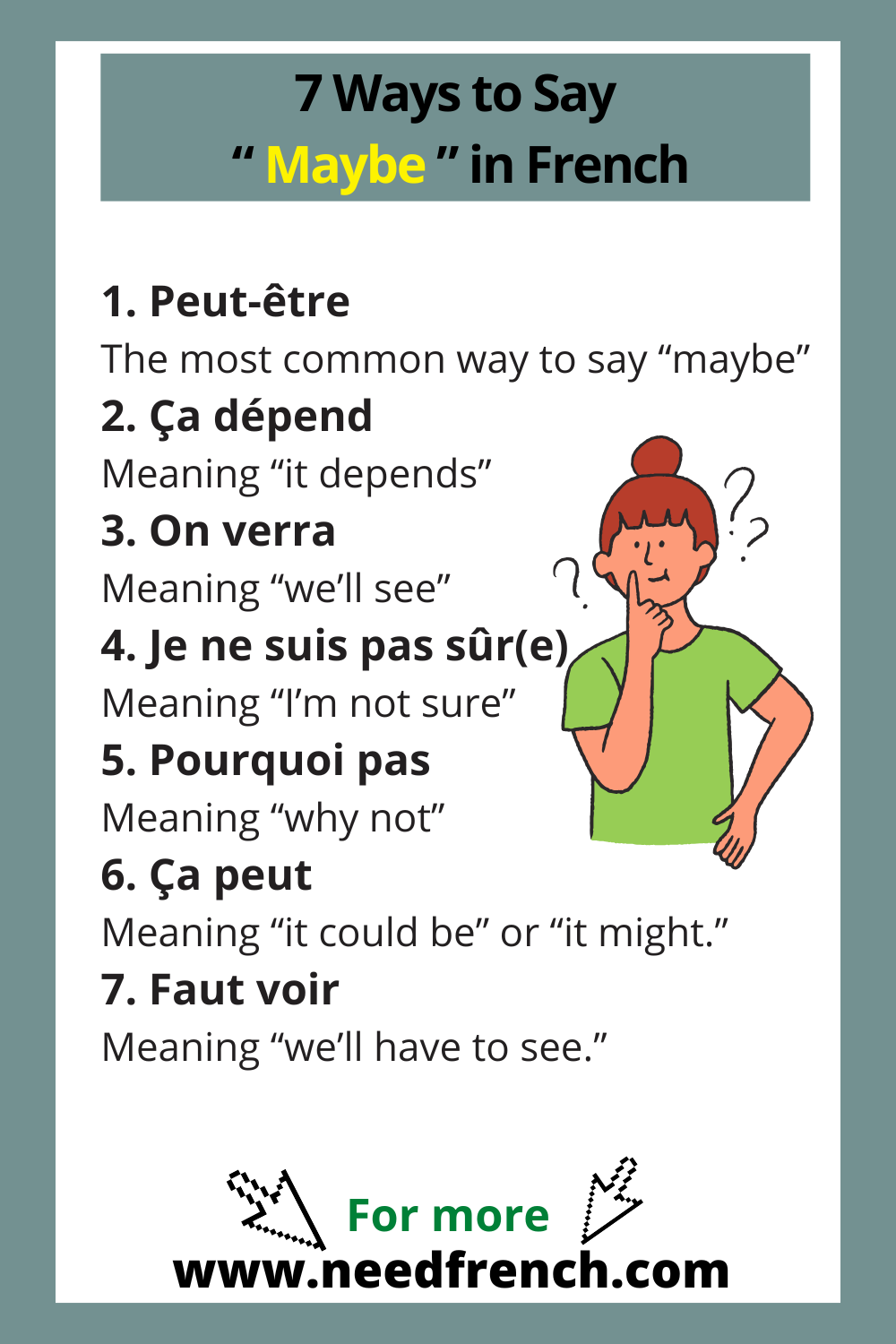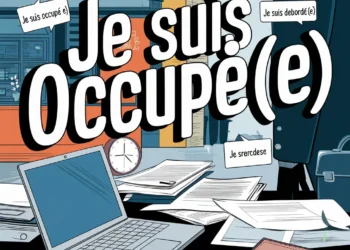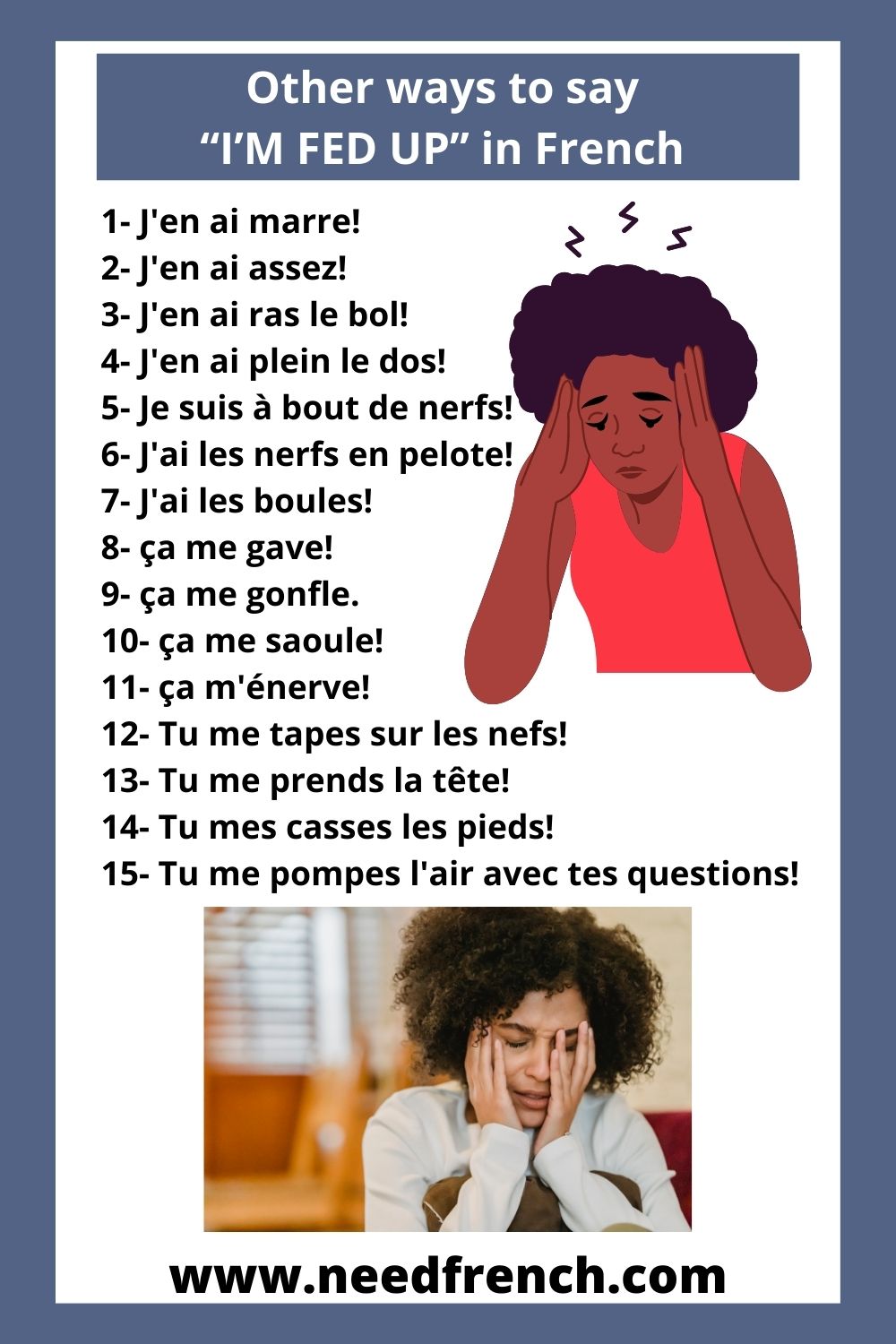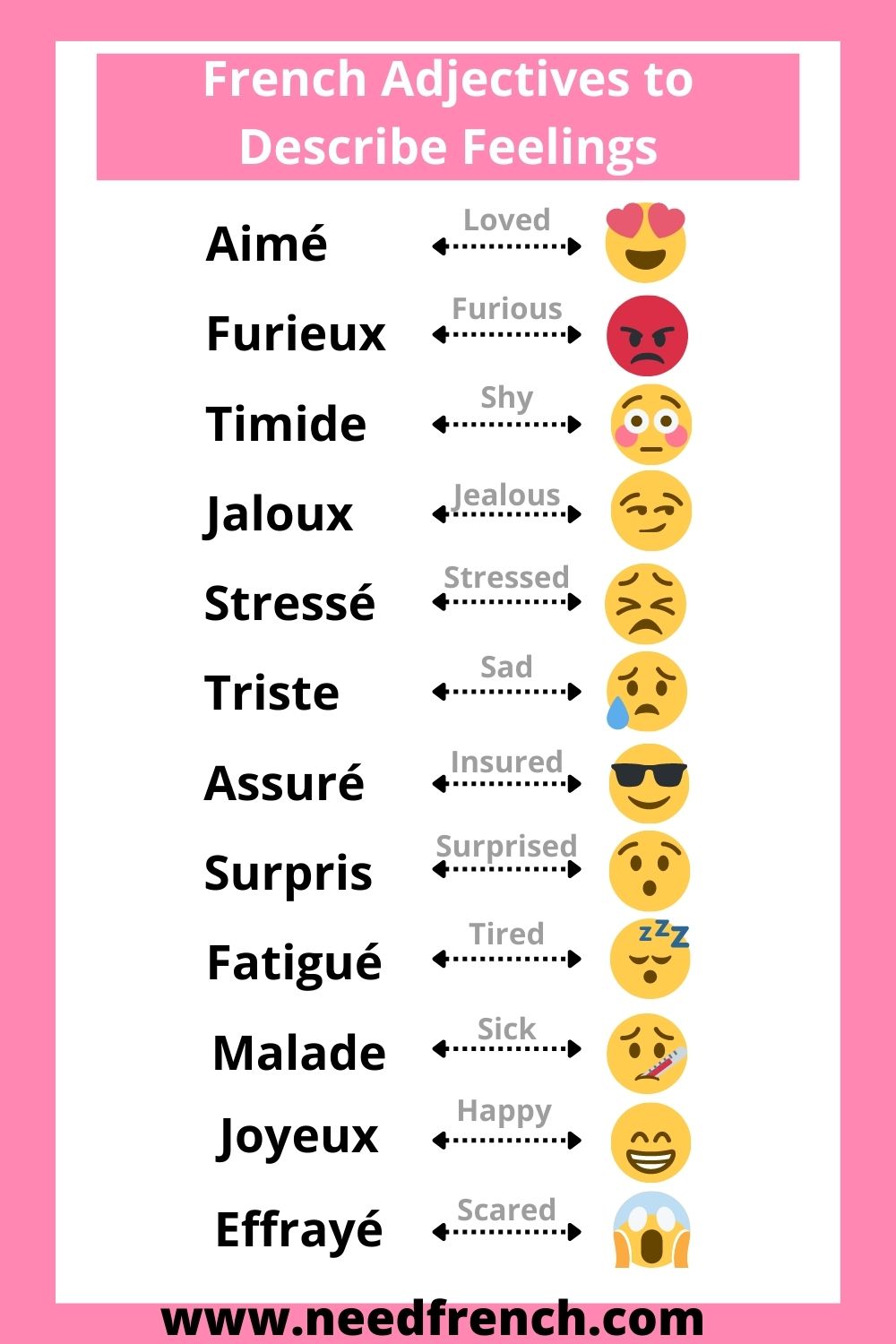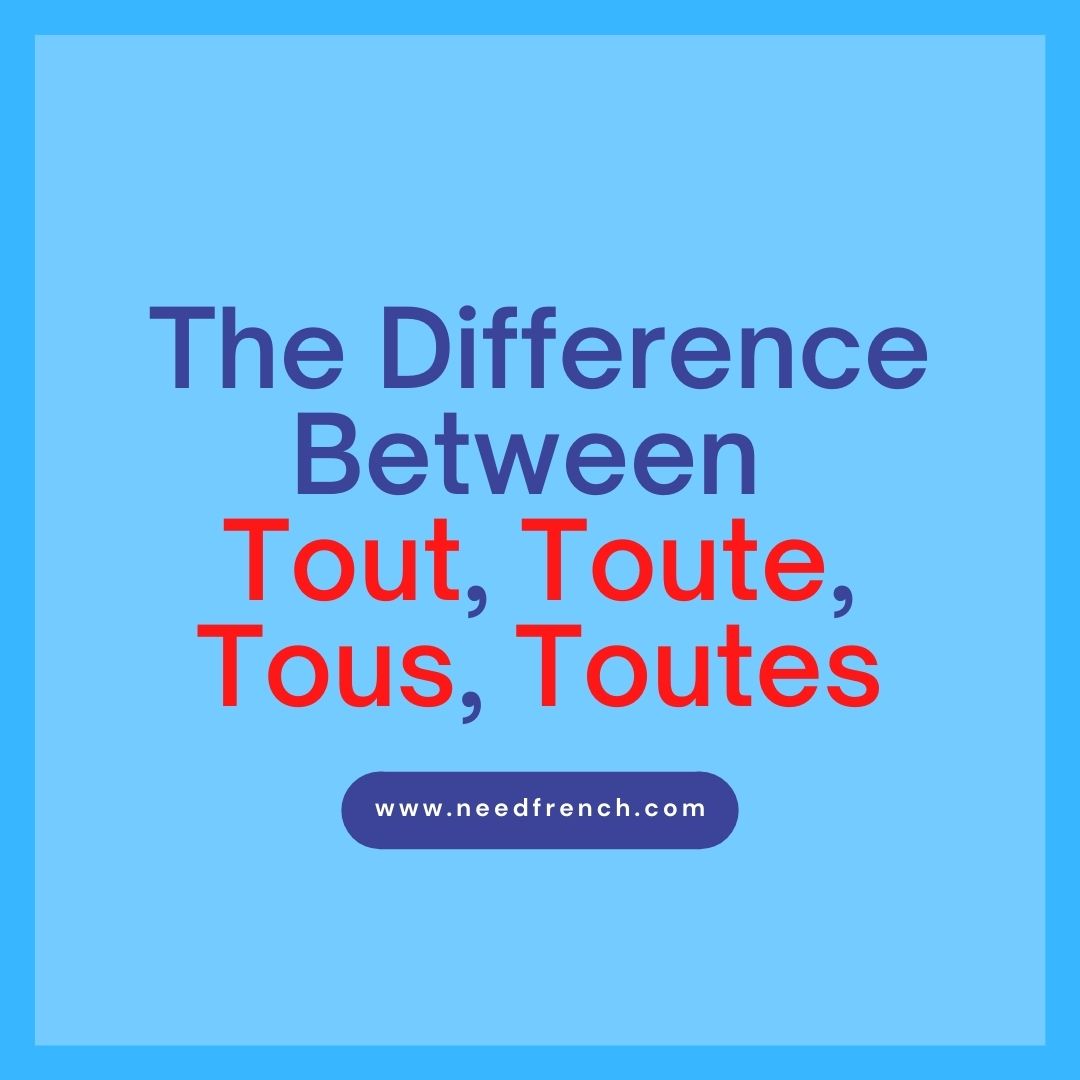Learning how to express uncertainty is an essential part of mastering any language. In French, there are several ways to say “maybe,” each with its own nuance and level of formality. This guide will help you understand when and how to use these expressions in everyday conversations.
1. Peut-être
Pronunciation: /pøtɛtʁ/ (puh-tet-ruh)
The most common and versatile way to say “maybe” in French. It’s suitable for both casual and formal situations.
Example in context:
- “Tu viens ce soir?” (Are you coming tonight?)
- “Peut-être.” (Maybe.)
Pro tip: You can also say “peut-être que…” followed by a complete sentence:
- “Peut-être que je viendrai demain.” (Maybe I’ll come tomorrow.)
2. Ça dépend
Pronunciation: /sa depɑ̃/ (sah day-pahn)
Meaning “it depends,” this phrase is perfect when your answer depends on certain conditions.
Example in context:
- “Tu veux aller au cinéma?” (Do you want to go to the movies?)
- “Ça dépend du film.” (It depends on the movie.)
3. On verra
Pronunciation: /ɔ̃ vɛʁa/ (on veh-rah)
Literally meaning “we’ll see,” this is a more casual way to express uncertainty about future events.
Example in context:
- “Tu peux m’aider demain?” (Can you help me tomorrow?)
- “On verra.” (We’ll see.)
4. Je ne suis pas sûr(e)
Pronunciation: /ʒə nə sɥi pa syʁ/ (zhuh nuh swee pah soor)
Meaning “I’m not sure,” this phrase expresses personal uncertainty. Remember to add an ‘e’ at the end if you’re female (sûre).
Example in context:
- “Tu connais la réponse?” (Do you know the answer?)
- “Je ne suis pas sûr(e).” (I’m not sure.)
5. Pourquoi pas
Pronunciation: /puʁkwa pa/ (poor-kwah pah)
Meaning “why not,” this is a more positive way of saying maybe, indicating openness to an idea.
Example in context:
- “On pourrait aller manger une glace?” (Should we go get ice cream?)
- “Pourquoi pas!” (Why not!)
6. Ça peut
Pronunciation: /sa pø/ (sah puh)
A casual, shortened version of “ça peut être” meaning “it could be” or “it might.” This is very informal and commonly used in everyday speech.
Example in context:
- “Tu penses que c’est la bonne solution?” (Do you think this is the right solution?)
- “Ça peut!” (Could be!)
7. Faut voir
Pronunciation: /fo vwaʁ/ (foh vwar)
Short for “il faut voir” meaning “we’ll have to see.” This informal expression indicates that more information or time is needed before making a decision.
Example in context:
- “On se fait un resto ce weekend?” (Shall we go to a restaurant this weekend?)
- “Faut voir mon emploi du temps.” (Have to see my schedule.)
Tips for Beginners
- Start with “peut-être” – it’s the most commonly used and widely understood
- Remember that French expressions of uncertainty often require different sentence structures than English
- Practice these phrases in context rather than in isolation
- Pay attention to the formality level of the situation when choosing which expression to use
- Note that informal expressions like “ça peut” and “faut voir” are mainly used in casual, spoken French
Common Mistakes to Avoid
- Don’t translate “maybe” literally word-for-word from English
- Avoid using “possible” alone as a response – it’s not used the same way as in English
- Remember that “éventuellement” doesn’t mean “eventually” – it means “possibly“
- Be careful with shortened forms like “ça peut” and “faut voir” – they’re too casual for formal situations
